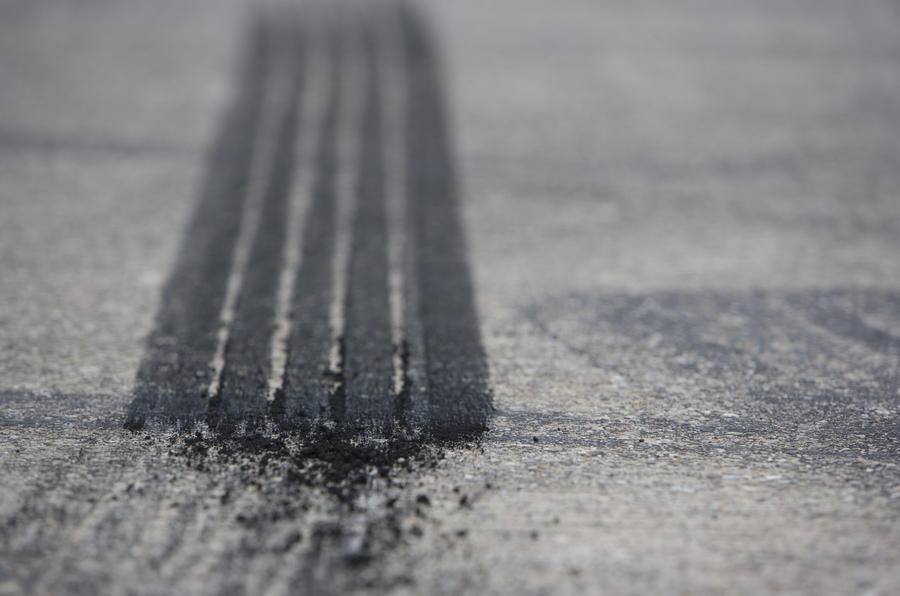Two of the world's largest tyre manufacturers, Bridgestone and Michelin, are embarking on a partnership to improve the sustainability of tyre production.
At a joint press conference next Monday (22 November), they will outline a strategy to increase the use of recovered carbon black material in their tyres – which they say would promote a "more sustainable mobility ecosystem".
Carbon black is a soot-like substance that's produced by part-burning petrochemicals. It's a key ingredient of rubber tyres, but currently less than 1% of carbon black used across the tyre industry comes from recycled tyres, despite the fact that around a billion tyres reach the end of their usable life each year.
Michelin and Bridgestone attribute this to "a weak supply line for the recovery and reuse of carbon black", which they plan to address in partnership with other tyre brands, carbon black suppliers and technology firms.
Using recycled carbon black from old tyres in the production of new tyres could cut CO2 emissions by as much as 85%, the firms estimate.
Ahead of Monday's presentation, Bridgestone strategy and transformation boss Jake Rønsholt explained that “increasing use of recovered carbon black in tyres is critical to achieving Bridgestone’s vision for sustainable mobility".
The Japanese company's new partnership with its French competitor, he said, will help to generate "critical momentum" in this area.
His comments were echoed by Michelin vice-president Sander Vermeulen, who said: "For years, discussions have been ongoing about the different constraints and hurdles that were preventing the rubber industry to adopt recycled and or recovered raw materials in significant quantities.
“We felt it was the time to stop discussing and actively contribute to finding solutions that would enable the rubber industry as a whole to become more circular by increasing its ability to adopt recycled and or recovered materials from end-of-life tyres.
"I'm delighted that we found a partner in Bridgestone that shares our vision, and together we invite stakeholders across the tyre and rubber value chain to participate in the journey toward material circularity.”










Join the debate
Add your comment
Alternatively, there was probably enough carbon ash produced from the global wildfires last year to provide all the black they need.
Can't believe they are only considering this now.
Some would say they, the Tyre makers ,should have been doing this years ago,or, finding some other material to replace Carbon black.